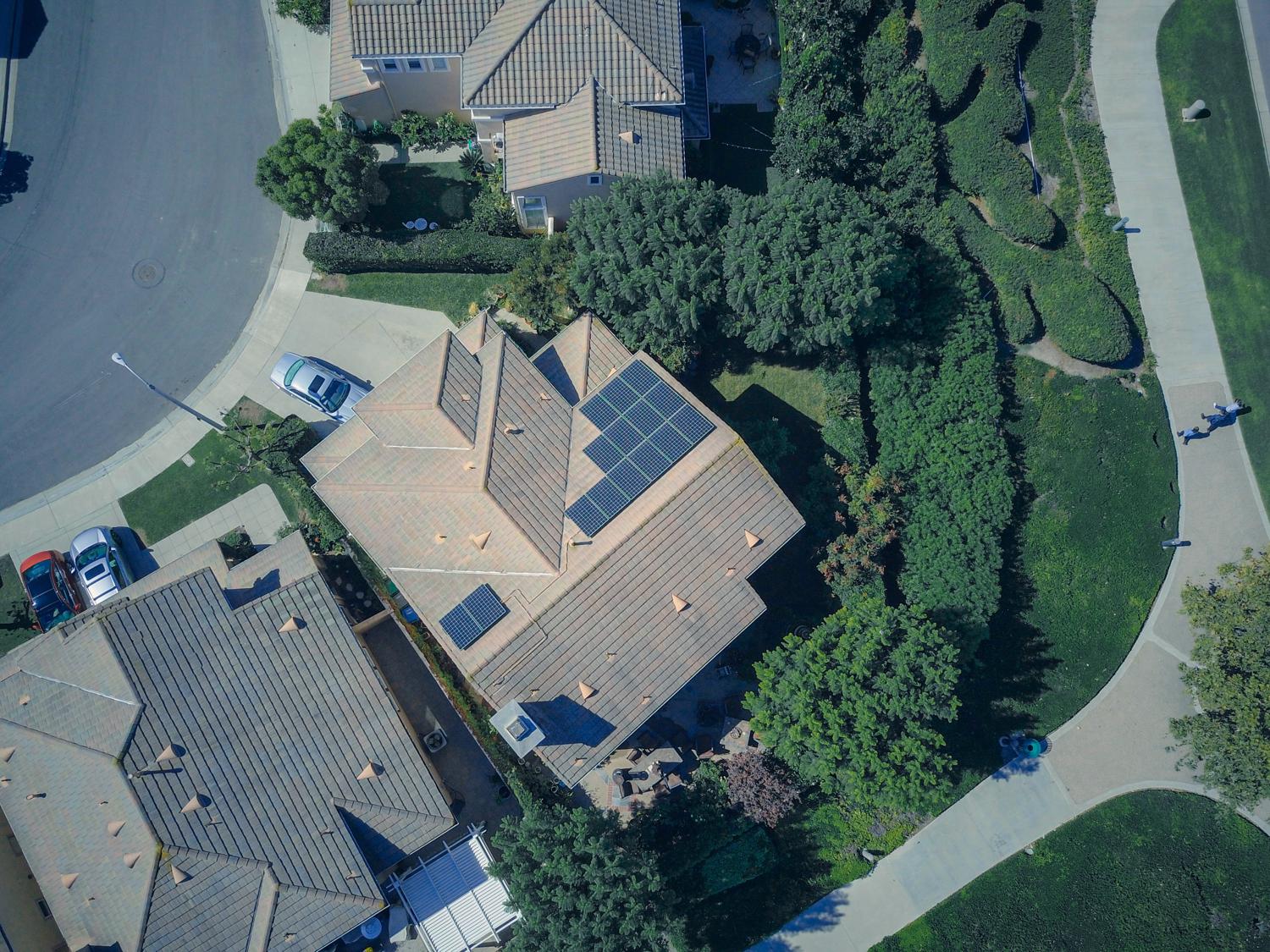The Science of Solar Energy
Solar energy is one of the most popular forms of renewable energy, and for good reason. It is a clean, sustainable, and cost-effective way to generate electricity for your home or business. But for those who are new to solar energy, the technology behind it can be confusing. In this guide, we will explain the basics of how solar energy works, so you can make an informed decision about whether it is right for you.
Solar energy is the energy that is generated by the sun. It is created when energy from the sun is converted into electricity by solar panels. Solar panels are made up of photovoltaic (PV) cells, which are the small, square-shaped units that are often visible on the surface of solar panels. PV cells contain semiconductor material, typically silicon, that absorbs energy from the sun and converts it into electricity.
When sunlight hits a PV cell, it causes the electrons in the semiconductor material to become excited. This generates a flow of electricity, which can then be used to power homes and businesses. The more sunlight that hits a PV cell, the more electricity it generates. This is why solar panels are typically installed on rooftops
The electricity generated by the solar panels is then sent to an inverter, which converts the DC electricity into AC electricity, which is the type of electricity that is used in homes and businesses. From there, the electricity is sent to the electrical panel, where it can be used to power lights, appliances, and other devices in the home. Any excess electricity that is generated by the solar panels is sent back to the grid, where it can be used by other homes and businesses.
One of the biggest benefits of solar power is that it is a clean, renewable source of energy. Unlike fossil fuels, which release harmful pollutants into the environment, solar power generates electricity without producing any emissions. This makes it a great choice for homeowners and businesses who are looking to reduce their environmental impact.
Another benefit of solar power is that it can help to lower energy bills. Because the solar panels generate electricity for the home, homeowners can rely less on the grid and the utility company for power. This can lead to significant savings on electricity bills over time. Furthermore, there are various incentive programs, such as tax credits and rebates, that can help to offset the cost of installing solar panels.
In summary, solar power works by capturing the energy from the sun and converting it into usable electricity for homes and businesses. It is a clean, renewable source of energy that can help to lower energy bills and reduce environmental impact. With the advancements in technology and increasing demand, solar power is becoming an increasingly popular choice for homeowners and businesses.

